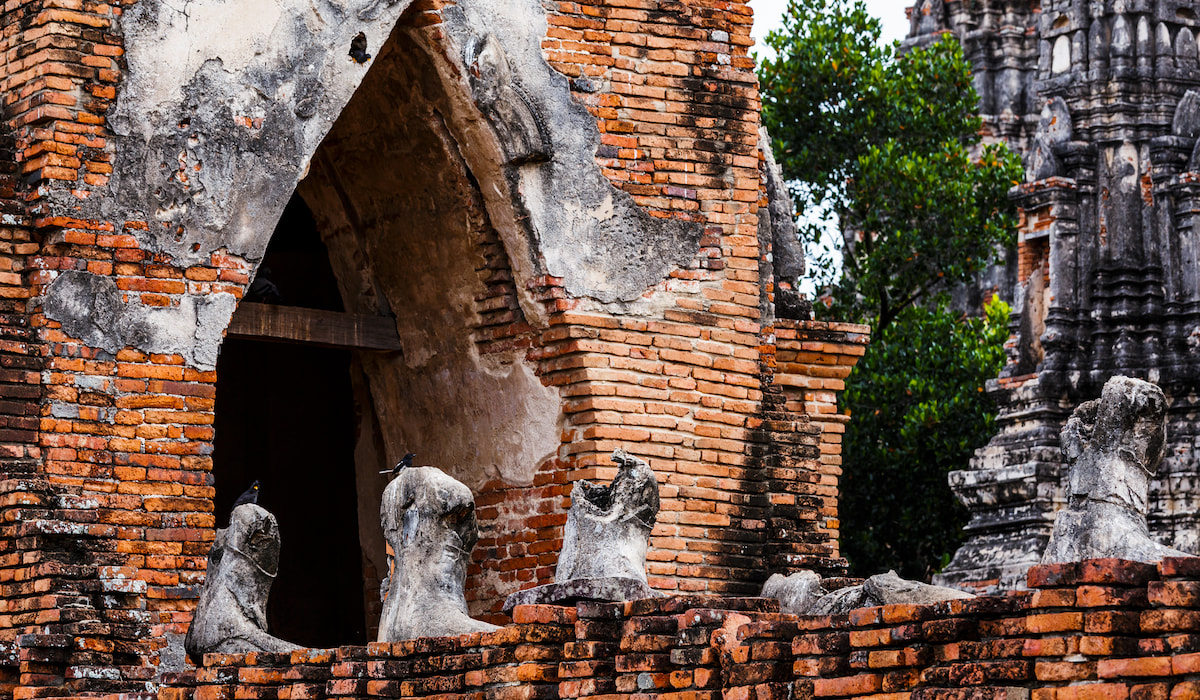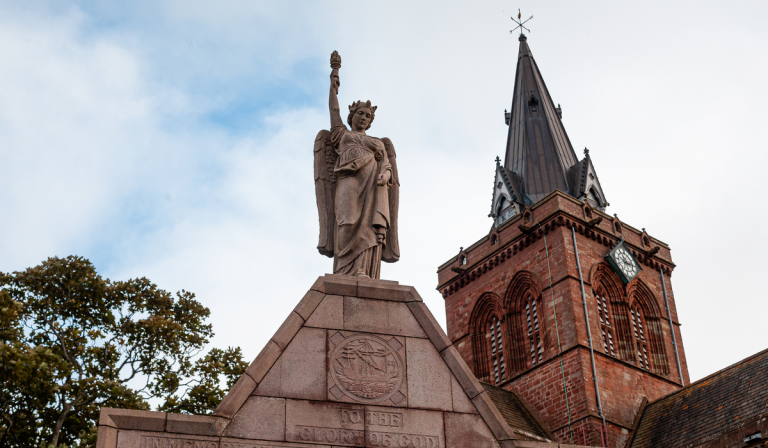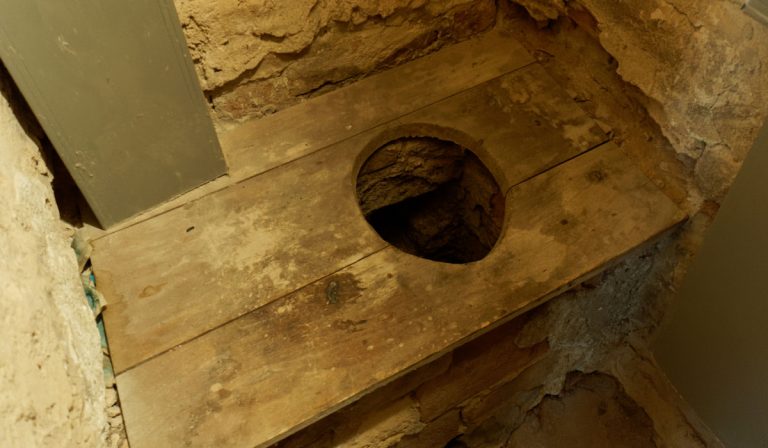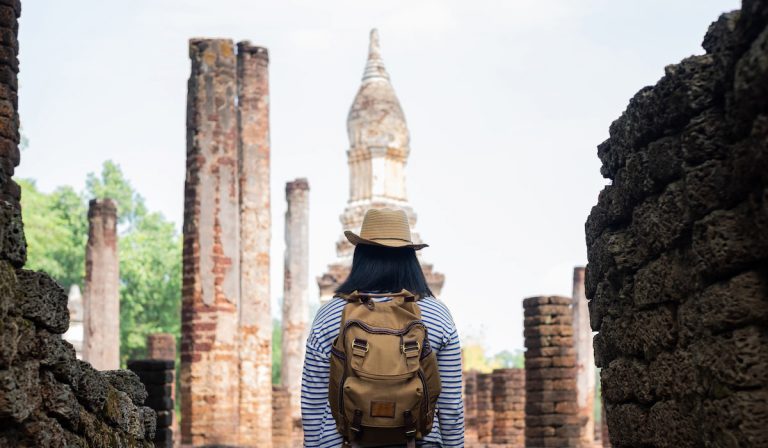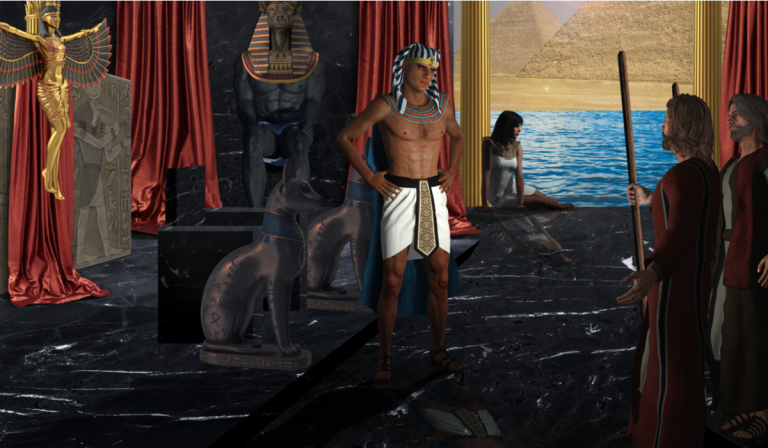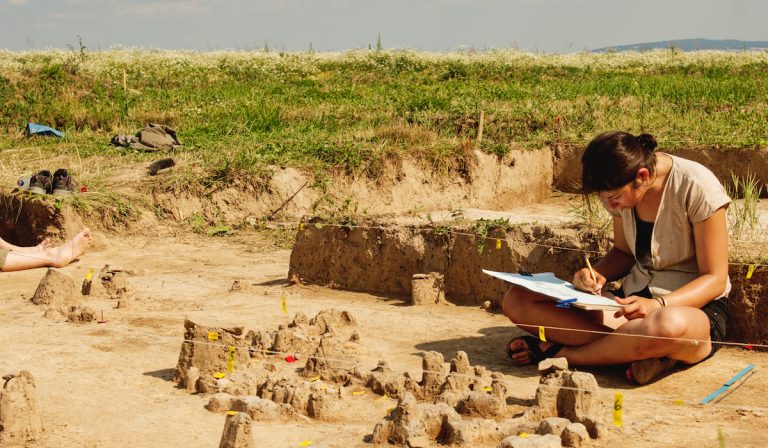Pros and Cons of Archaeological Excavation You Should Know
Archaeology is a fun and exciting part of science and history as it unveils the past. A primary archaeological method is the excavation of sites to find valuable materials. What are the pros and cons of archaeological excavations? Let’s discuss 9 pros and 5 cons of archaeological excavation.
Pros of Archaeological Excavation
Here are some reasons why we excavate sites in archaeology:
1. We Learn About the Past
The principal purpose of archaeology is to learn and understand the past. With archaeological excavation, we can get hints at people’s lifestyles and better appreciate their fashion and culture. While archaeology may seem cultural, it also helps with other fields of study.
We can use archaeology to understand how people lived, survived some natural events, and even how they died. We can learn the strength of civilizations as we uncover evidence of what they produced and who could purchase what. Archaeology truly shines a bright light on past events.
2. We Can Preserve Archaeological Finds from Weathering
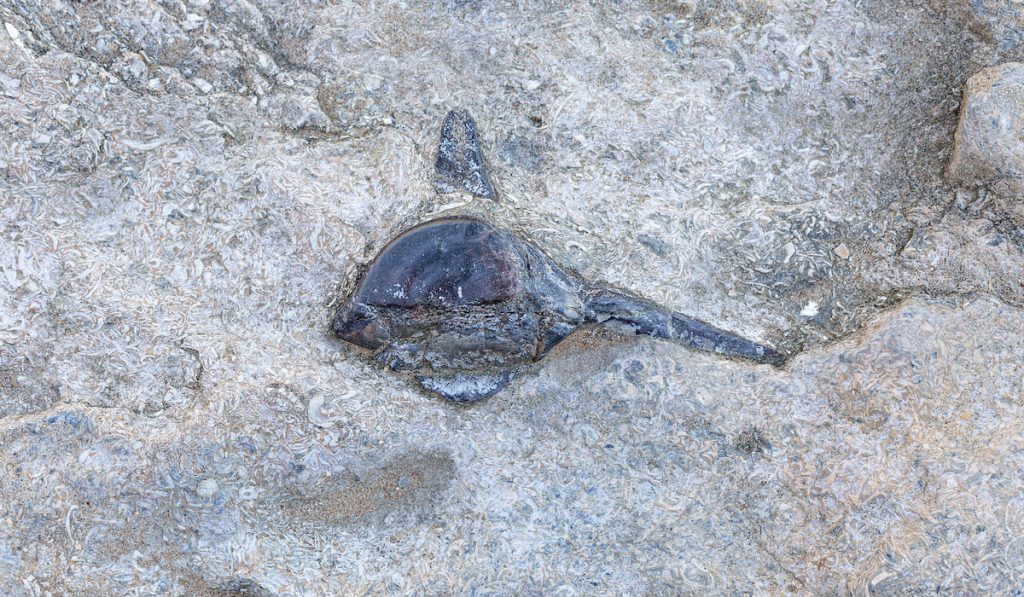
While archaeology is more concerned about getting past valuable materials, it can also help us properly store our finds from decaying or getting lost. Weathering is a process in which rocks, minerals, and other items fade away due to natural processes such as rainfall and wind.
If a site is not excavated, we cannot collect or properly store these valuable materials. This means that without archaeological excavations, some materials might have been permanently lost and we may not have known that they ever existed. When we find them, we properly store them.
3. We Can Glean Insight into the Future
You do not need to see a tarot card reader or foreseer to predict the future. One of the best ways to shine a light on the future is to learn about the past.
What is the role of archaeology in predicting the future if it focuses on the past? When a site is excavated, archaeologists collect useful materials (and data) that we can use to predict the future.
For example, archaeology can answer the question, “what led to the fall of this civilization?” When archaeologists and historians determine an answer, they recognize similar patterns in modern-day societies and warn against hardships from similar patterns in the fallen civilization.
4. Ability to Prove or Disprove History Books

There are many historical theories in books and publications today. While these books can throw light into the past, we are unsure about the information because they are mostly oral or based on opinions or inspiration. The best way to get information for a history book is to see the events with your own eyes.
While it is impossible to see unrecorded past events, you can surely get a hint of what happened in the past by excavating sites to find necessary clues. This is a major purpose of archaeological excavation. An archaeological excavation usually occurs after a popular story about a particular place (and time). Archaeologists often seek to find evidence to prove or disprove written or oral history.
5. We Can Understand Evolution Better
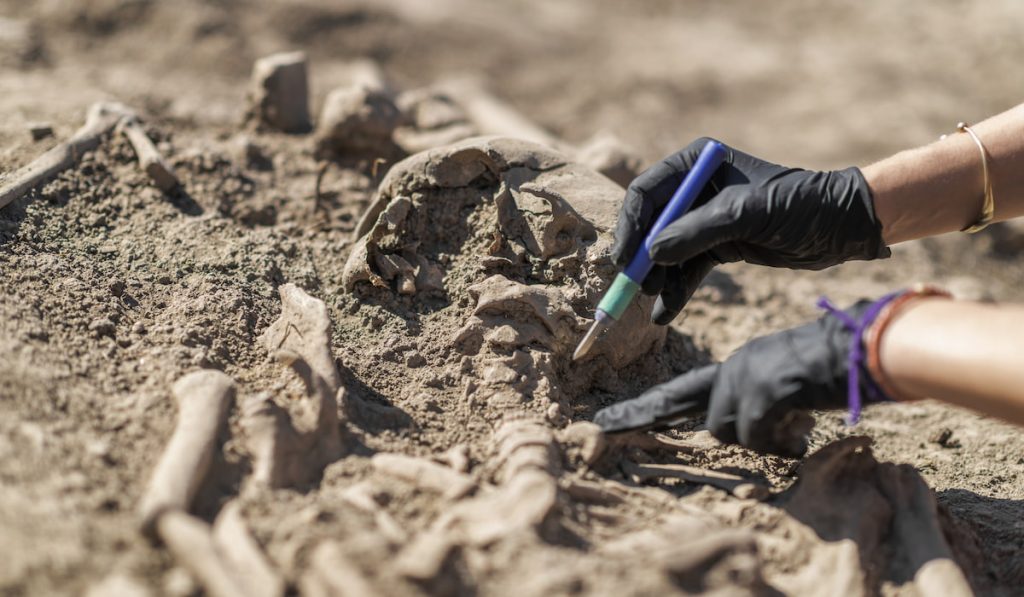
There are many ways to understand evolution, but a very reliable method is by excavating sites. When you excavate a place, you can find the fossils of animals, plants, and other types of organisms. We can see the remains of extinct organisms, learn what happened to them, and find their closest living relatives.
Aside from the biological aspect of evolution, we can also understand the cultural aspect by excavating a site. The materials and products of old we find in an excavation site can tell us how a particular culture has changed over time. We can also tell if the people migrated to other places or not.
6. Archaeological Excavation Improves Our Knowledge in Other Fields
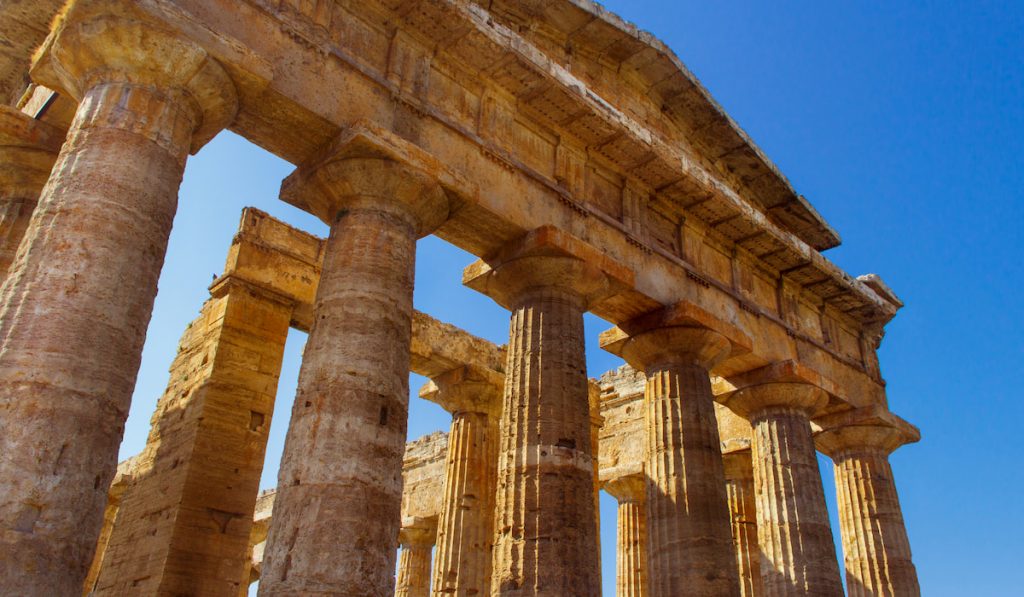
While archaeology is more like a practical form of history, we can apply our archaeological findings in other fields. For example, we can use what we find in an excavation site to understand better what we know in science, math, physics, sports, chemistry, fashion, medicine, and other fields.
You already know how archaeology helps with the study of evolution (biology, culture, etc.). It can also help with medicine as we can tell how people helped themselves when they had broken bones, toothache, etc. As for sports, we can find some valuable sports materials in excavation sites. Archaeology is the branch of history that links it with other fields.
7. Archaeological Excavation Boosts the Tourism Sector

What is tourism without useful items to see? While archaeology helps historians understand and translate history better, it also helps curious folks who love to see beautiful things and the uniqueness of the past. This means that archaeological excavation boosts the tourism sector as people will surely want to see the recent find.
With proper management and agreement, the findings of an excavation can bring extra income for nations and give tourists more items to see. Archaeological discoveries are usually kept in museums, schools, and other research centers. What would you do if archaeologists discovered valuable items neaYou’d? You’d likely want to see it.
8. Research and Academics
What more can scientists and historians use for research if not the materials we find in excavated sites? With a proper carbon technique, we can tell how old an item is. Through the age of a material, we can tell what people (or nature) at a particular time were like.
Archaeology is a history field that helps fuel historical research and almost every other area. New researchers are born daily so long as we continue to find valuable items from archaeological excavations. Science, research, and academia truly rely on archaeology.
9. There Is Always Room for Improvement
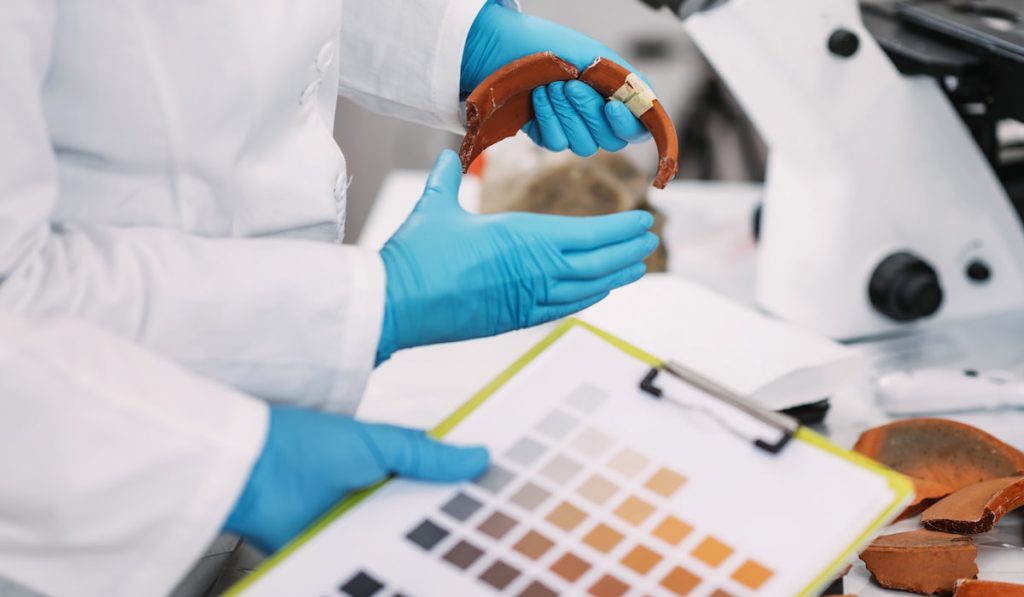
People usually complain that archaeological excavation is destructive or does not use an ethical methodology. Whether their complaints may be valid or not, one thing that is certain about archaeology and archaeological excavation methods and processes is that they always improve.
The ethics, equipment, and other aspects of archaeology are ever-improving and the methods used to excavate a site in the past have improved. In recent archaeological excavations, we can find and save more materials. Recently, archaeologists are primarily involved in rescue archaeology.
Archaeological excavation truly has a lot of benefits, right? Does it have some disadvantages? Continue reading to find out.
Cons of Archaeological Excavation
Well, something with an advantage will most likely have a disadvantage. Here are some cons of archaeological excavations you should know:
1. We May Damage or Lose Essential Materials
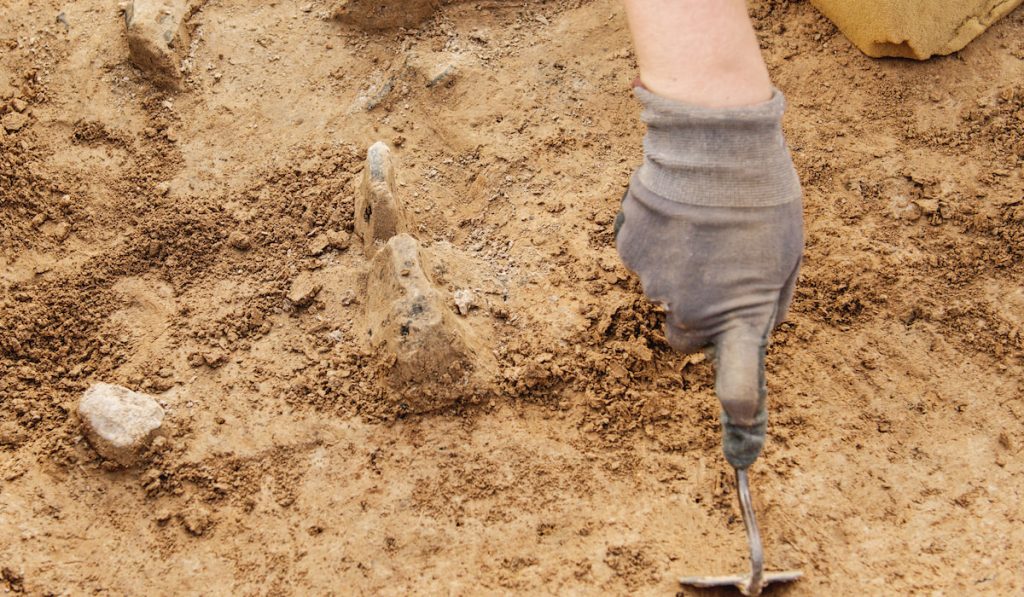
Archaeological excavation can involve using heavy machines, tools, and equipment to dig out valuable materials from a site. If archaeologists do not gently excavate a site, they can damage precious items, and a specific damaged item may be the last one remaining on Earth.
The heavy machinery can also push some materials into the Earth and archaeologists would have to dig deeper before they could find them. Not to worry, the process of archaeological excavation is ever-improving as lighter tools are used and the machines have to make way for people to excavate with handheld tools or brushes at a particular depth.
2. We Remove Materials from Their Place of Value
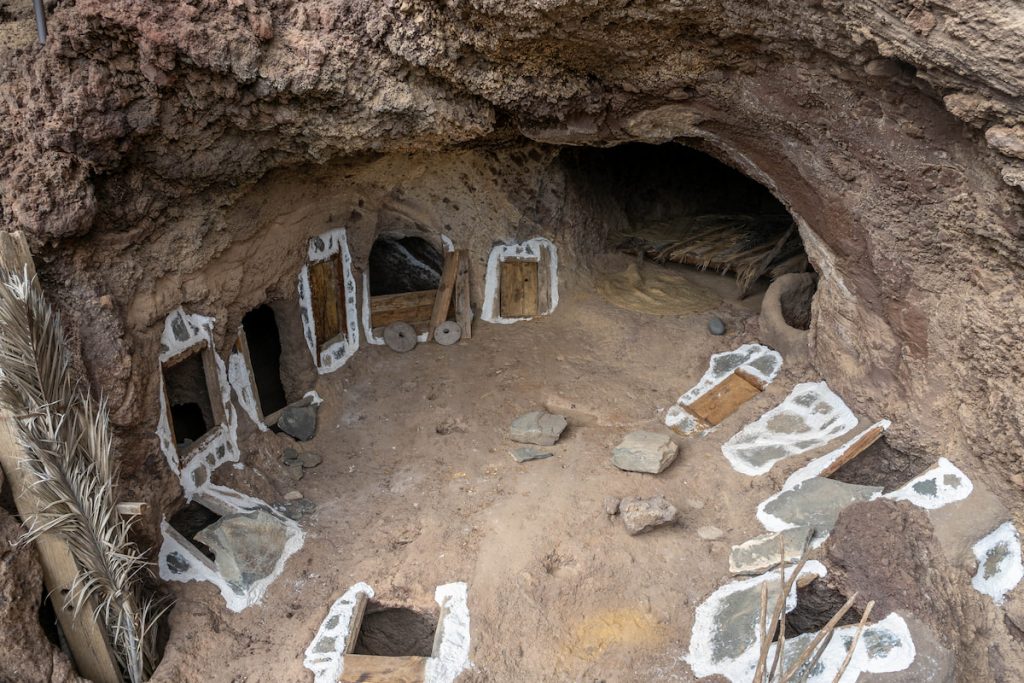
An item is very valuable because of the place that we find it. If you find a cup in excavation, you will value it more than when you find it in the garbage. What happens when we remove the cup from its site of value? This means that the items give a site its value just the way the site provides the items their value.
Items can lose value and context when we remove them from their sites. Looking at the bright side, however, these items can be kept in museums or places dedicated to archaeology and history. This means they can remain valuable even if they have left their home.
3. Archaeological Excavation Causes Disturbance
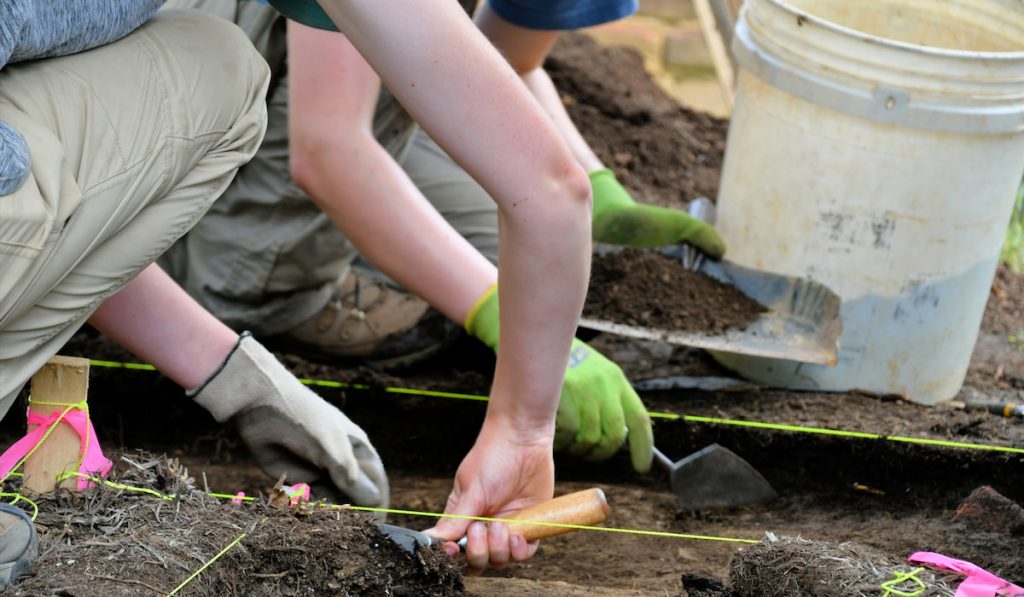
One major con of excavating sites is that we may be destroying or disturbing something of great value. Many excavation sites are burial places or may have a high significance in a specific culture. Excavating such a place to reveal its secrets may be complex and controversial.
Some people attach spiritual values to various locations, so they may not like the appearance of an excavated site especially if there are many valuable items on the site. The downside of an archaeological excavation is that it never leaves a place the way it was. It can cause a lot of conflicts.
4. Our Interpretation May Not Be Accurate
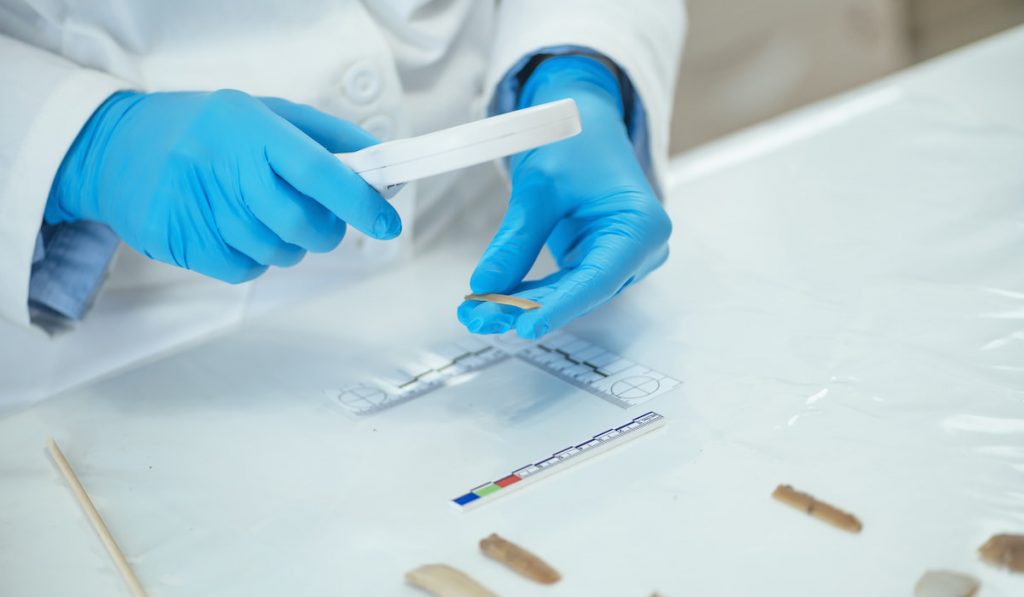
Archaeology seeks to unveil the past. The interpretation depends on the historian and available data. The interpretation or given history of what happened on that site may not be accurate because of missing data, or the truth might not have been thought of. To help get a clearer picture of what happened in a place, archaeologists need to get more materials and consult more historians.
5. We Need to Dig Wider to Get the Clearer Picture
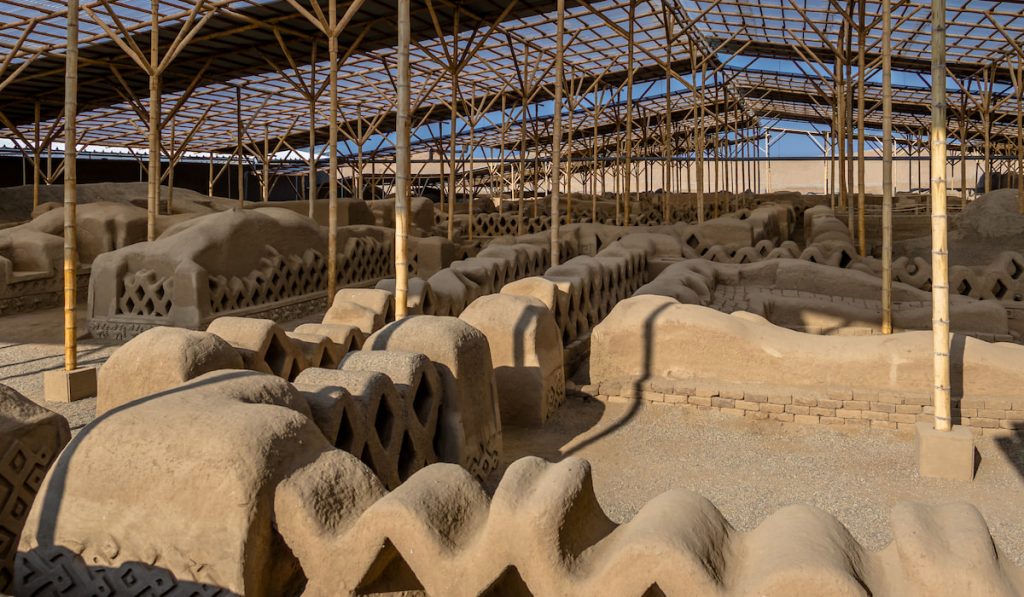
How do we learn the lifestyle of people in an ancient culture? We can’t get enough information if we excavate just a place of high value. Areas such as castles and tombs may not show the exact lifestyle because they usually contain foreign or expensive materials that the everyday person could not purchase.
To get the everyday lifestyle of an ancient civilization, archaeologists need to excavate wider. This means that they need to unearth the surroundings of a site as well as low-status buildings. This can consume a lot of energy and resources.
Now you know the pros and cons of archaeological excavation. Do you think that excavating is worth it or not?
Final Thoughts
As you can see, archaeological excavation has both pros and cons, but the pros are greater than the cons. With archaeology, we understand the past better because we get to see clues with our eyes. It truly is a noble activity.
Resources
- https://sumut.bpk.go.id/archaeological-excavation-pros-and-cons-952/
- https://www.ibrowstudio.com.sg/archaeological-excavation-pros-and-cons-101/
- https://www.ukessays.com/essays/archaeology/archaeological-excavation-pros-cons-6578.php
- https://www.quora.com/What-are-advantages-and-disadvantages-of-using-archaeology

